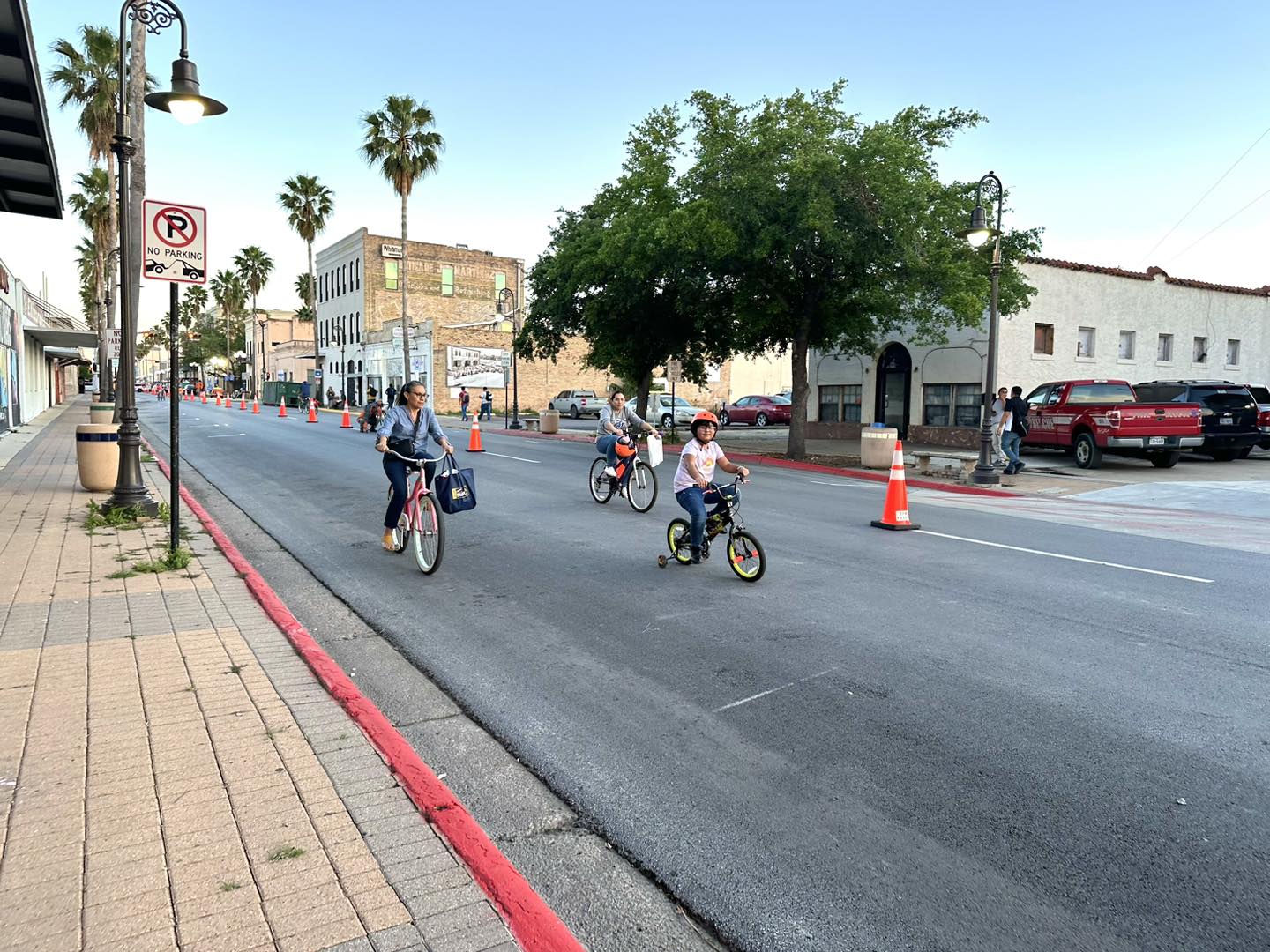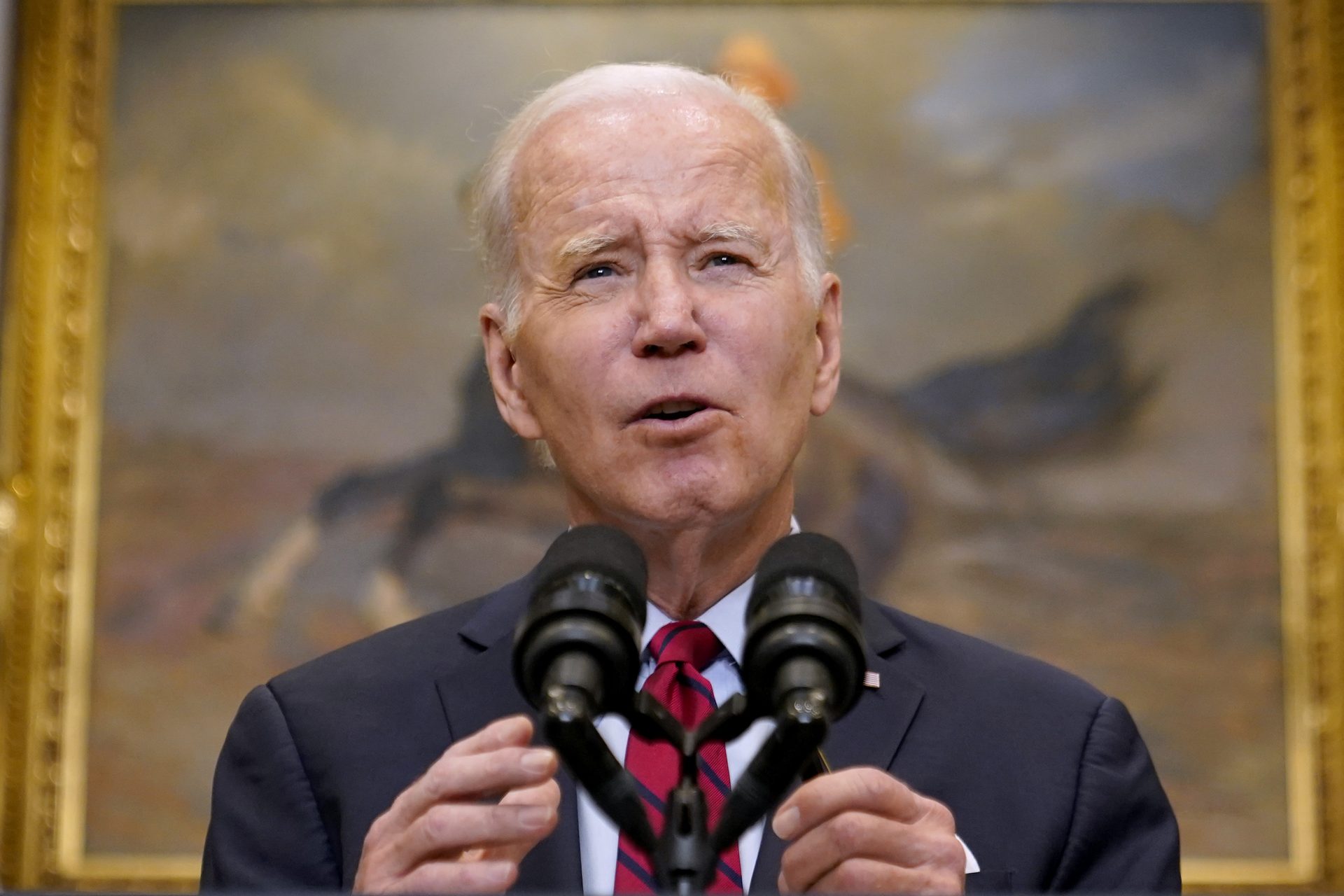WESLACO, TEXAS – The leaders of numerous nonprofit organizations were asked where the “gaps” were in Hidalgo County’s 947 colonias.
Asked to enter one “gap” on one sticky note, they came up with long list.
Here it is:
Life skills training, citizenship classes, feminine hygiene products, animal control, community gardens, grocery stores, broadband, civic engagement, financial literacy, fellowship programs, coordination of efforts, leveraging resources, communication among providers, speciality care, direct access to Medicaid, public transportation, more remote bus stops, housing for the homeless and college students, emergency housing, shelters, low-income housing, migrant shelters, mental healthcare, more community centers, dental services, lack of collaboration, and medical insurance.
The nonprofits were brought together by the AltaCair Foundation at the latest of its “cluster meetings.” AltaCair has started a project to improve the quality of life of Rio Grande Valley colonia residents. The meeting was held the offices of the Rio Grande Valley Partnership.
The two co-moderators of the conversation were Sister Norma Pimentel, executive director of Catholic Charities of the Rio Grande Valley, and Sabrina Walker Hernandez, a certified consultant, coach, and facilitator who started Supporting World Hope Coaching and Consulting.
Those in attendance included leaders from Nuestra Clinica del Valle, Quest Diagnostics, Hope Family Health Center, Puentes de Cristo, Texas A&M University Colonias Program, Easter Seals RGV, Texas Regional Bank, Ron Whitlock Reports, Holy Family Services, Inc., El Milagro Clinic, Knapp Family Foundation, Ronald McDonald House, and UT Houston.
Hernandez calculated that there was a combined 395 years of experience helping colonia families in the room.
After Hernandez stuck the sticky notes on the wall, Pimentel steered the conversation towards why the “gaps” existed.
Caly Fernandez, the outgoing executive director of Puentes de Cristo, cited a lack of collaboration. She said some of the “gaps” existed due to some groups wanting to protect their own turf. She said this led to a duplication of services.
“We have tried to have public forums to get everyone together and talk about the lack of collaboration. There is so much territorialism and duplication of services,” Fernandez said.
Fernandez cited a national survey which showed Brownsville Metropolitan Statistical Area (MSA) as the No. 1 MSA in the country when it comes to a lack of affordable housing. She said the same survey ranked McAllen MSA as No. 2. “I was shocked when I read this,” Fernandez said.
Another participant said the nonprofits do a “good job of collaborating amongst ourselves.” She said, however, that there is a “serious lack of collaboration” from the private sector.
“We can take care of patients when they present themselves. But they are going to need specialty care. And so, it would be nice if you could have a list of providers who would say, you know what, I want to collaborate with the clinics. It is needed,” the participant said.
“What ends up happening is patients delay in taking care of themselves because they cannot afford it. They end up in the hospital. They end up costing the system a lot more than if they would have said, let’s see what we can do. That’s where we have a problem.”
The participant added: “We have tried working with the private docs to come up with some sort of strategy.”
Sandra de la Cruz-Yarrison, executive director of Holy Family Services, said her group has a good relationship with UT-Rio Grande Valley. “Their medical students come through Holy Family. We have historically collaborated with them.”
However, De la Cruz-Yarrison said she did not understand why UTRGV was putting mobile clinics in colonias. “Shift those funds somewhere else because we are already doing what you are saying you are doing,” De la Cruz-Yarrison said.
“UTRGV receives so much money. They get money from some of the funders we receive funding from. That is a huge deal for us.”
Interviewed after the meeting had ended, Puentes de Cristo’s Fernandez said there is another way in which UTRGV may start duplicating services.
“I just learned UTRGV is getting ready to do a colonia count of this county. I said, well, Texas A&M is doing that too, through its long-established Colonias Program. Why isn’t there collaboration between the universities? I don’t understand that,” Fernandez said.
The post Nonprofits provide list of the ‘gaps’ prevalent in Hidalgo County colonias appeared first on Rio Grande Guardian.
 (2).png)
 5 months ago
160
5 months ago
160









 English (US)
English (US)